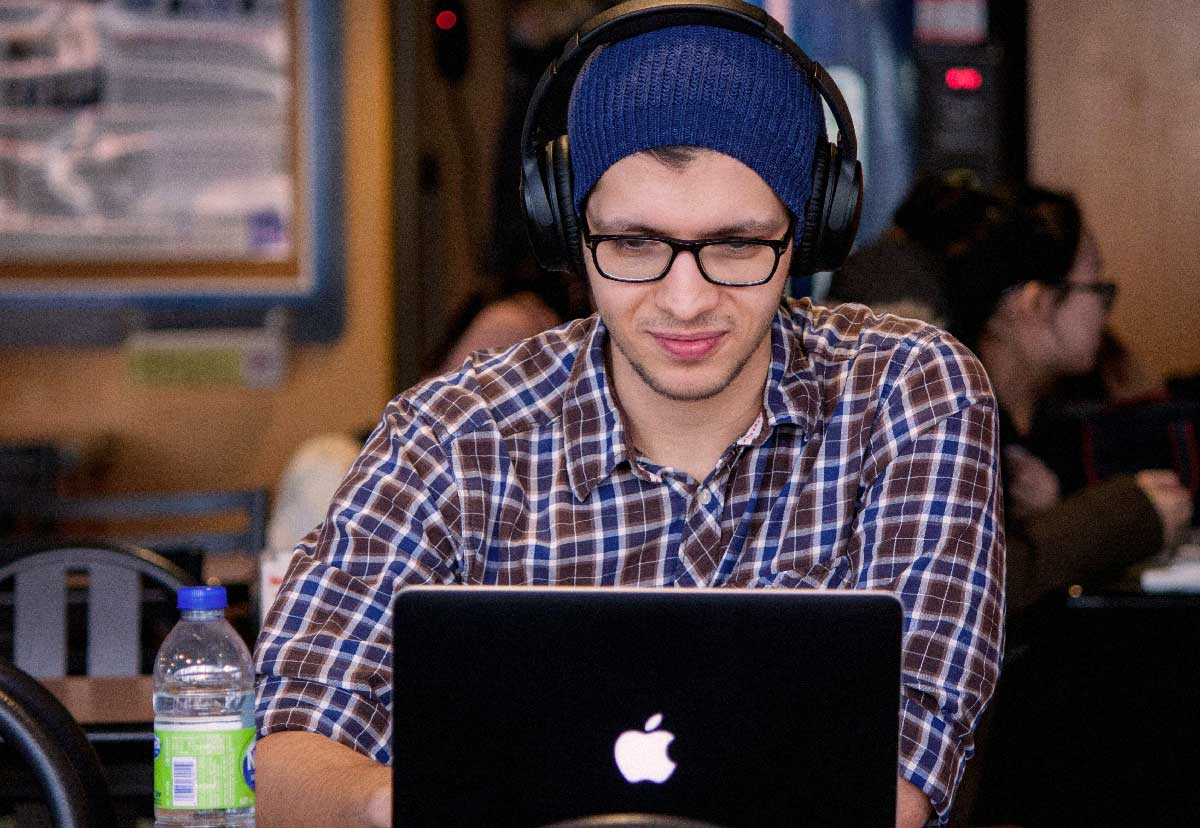Media Studies GCSE
Are you fascinated by the world of media, storytelling, and digital communication, and do you want to understand how media shapes our society and influences the way we think? Our Media Studies GCSE is your gateway to an exciting journey through the ever-evolving media landscape.
- Unlimited Tutor Support
- Get as much help as you want from your expert personal tutor
- Fast Track
- In a rush? You can complete this course under a year at no extra charge
- 98% Pass Rate
- Students have enjoyed a 98% pass rate
- Exam Pass Guarantee
- If you don't pass first time, we'll support you for free until your next exams
- Online Learning
- Study on your own terms with our our learning platform, MyOxbridge
Unlimited Tutor Support™
Receive one-on-one personalised guidance and support from our expert personal tutors.
With our Unlimited Tutor Support™, you can get as much or as little help as you want throughout your course. You'll benefit from one-to-one attention from a qualified and experienced tutor, tailored to your learning requirements.
Whether you have questions about assignments, need assistance with a complex topic or just need a bit of motivation, your personal tutor and our learning support team are here to support your learning journey at every step of your learning journey.




Oxbridge Live™
Bring your studies to life with Oxbridge Live.
Join interactive live lessons led by our expert personal tutors. You'll engage in real-time lectures and problem-solving sessions with tutors and peers. It's an engaging way to deepen your understanding, ask questions, and stay motivated throughout your learning journey.
Learn more about Oxbridge Live

Join the community of thousands of satisfied learners who have rated us excellent on Trustpilot
Our commitment to delivering exceptional and award-winning education has earned us thousands of independent positive reviews that reflect our obsession and dedication to your results and satisfaction.
MyOxbridge™
Take control of your learning experience with MyOxbridge™, our award-winning online learning platform.
You can access your course materials, submit assignments, view grades, track progress, and get support anytime, anywhere, via mobile, computer, or tablet. We also include many common accessibility features as standard.
Our online students achieve 20% higher grades than they would at a traditional college. With MyOxbridge, you can exceed your learning goals, on your terms.
award-winning online platform. Access course materials anytime, anywhere; on mobile, laptop, or tablet. Submit assignments, view grades, and track progress with engaging content and offline access. Achieve your goals flexibly!
Prefer old-school?
Download our prospectus…
Don't worry; we're not precious about everything being online. You can also download an old-school prospectus, and many of our courses can be sent to you in printed format. Our prospectus tells you all about learning with Oxbridge.
Request free prospectus
Student perks with Oxbridge

Unlock exclusive student discounts on popular brands with Student Beans. After enrolling at Oxbridge, register to access free codes and deals on shopping and food.


The #1 student discount card and app. Access deals on food, essentials, tech, travel, fashion, and more. Get exclusive coupons and discounts in-store and online, all from your pocket.

Need more information? Chat with a Learning Adviser
We're happy to help and talk you through anything about this course that you want more information about. You can contact us or use the most popular methods below.
Our live chat is supported by incredibly friendly human beings.